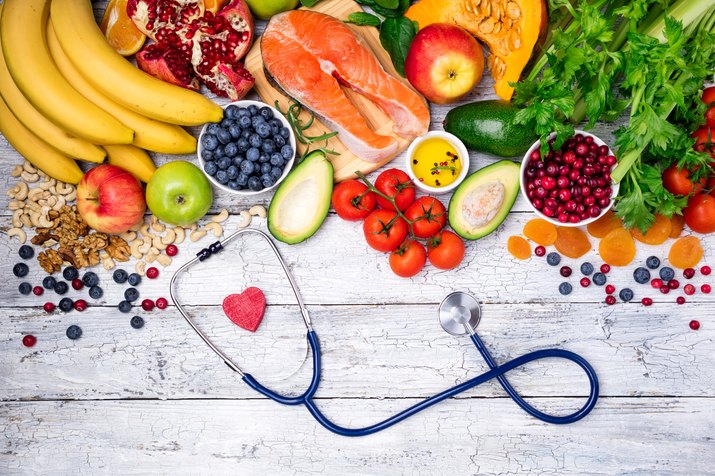
Heart disease is the number one cause of death in the United States today. Thirty percent of the adult population and nearly a third of all children in the U.S. are obese. While a large part of this problem can be attributed to a lack of regular physical activity, an equally large part is the prevalence of unhealthy foods in the diets of most Americans. It is important to know not only what foods are bad for your heart, but what foods are good for it.
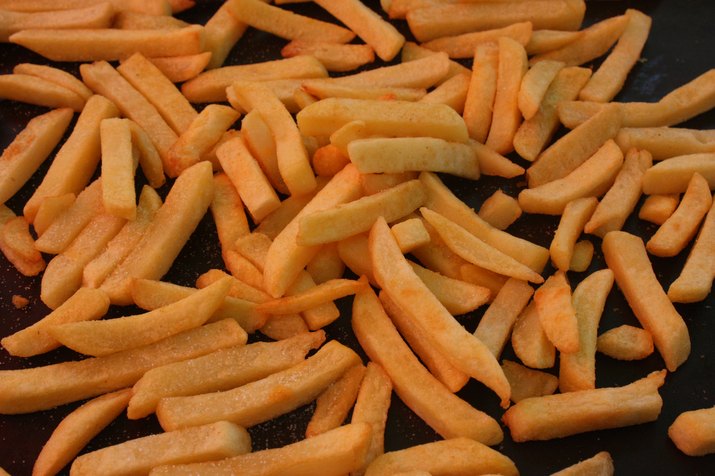
Bad Fats
When it comes to heart healthiness, its all about the fats. Saturated fats and trans fats are the big NO here. Saturated fats are found in animal products, and in some plant products like coconut. Trans fats are most commonly found in "partially hydrogenated" cooking oils associated with deep-fried foods. Saturated and trans fats both raise LDL cholesterol (the bad kind), and may even lower HDL cholesterol (the good kind). Saturated fats are found in red meat, butter, milk, cream and cheese (however, 1 percent and skim milk are low in saturated fats, as are the dairy products made from them). Trans fats are found in fried foods and pastries. Even if a food claims to be "trans-fat free," it may still be high in saturated fats.
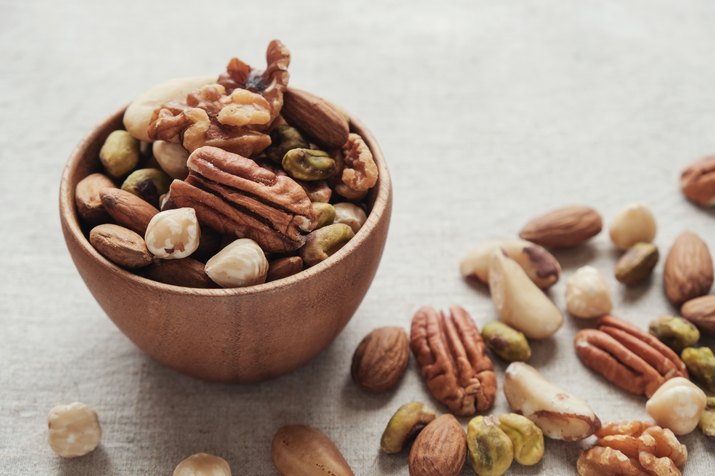
Good Fats
Not all fats are bad. Monounsaturated and polyunsaturated fats, as well as certain fatty acids like Omega-3, are actually needed by the body, and are thought to raise HDL cholesterol (which in turn, lowers LDL cholesterol). These good fats are liquid at room temperature, whereas fats that are generally solid at room temperature contain saturated and trans fats--a good rule of thumb to use when shopping and cooking. Omega-3 fatty acids have been linked to both lowered LDL cholesterol and increased HDL cholesterol, and to arterial health. Omega-3 can be found in fish and nuts.
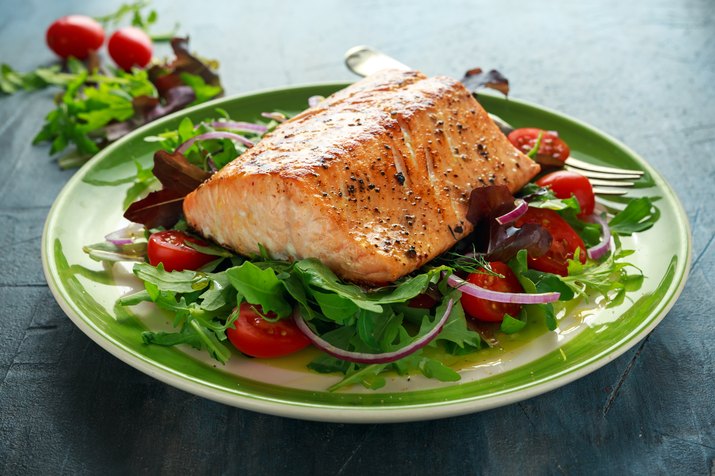
Omega-3 Fatty Acids
Omega-3 fatty acids can be found in seafood like salmon, as well as nuts such as walnuts and almonds.
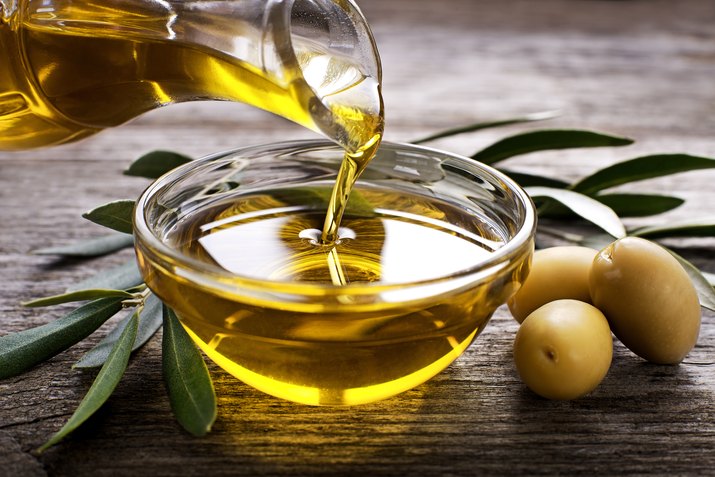
Monounsaturated & Polyunsaturated Fats
Monounsaturated and polyunsaturated fats are generally found together, and are present in canola, vegetable and olive oils (of these, olive oil is the healthiest), as well as nuts, avocados and seafood. Although healthier than the alternatives, these good fats are still fats, and so the key is moderation. If you eat more calories than you burn, you will gain weight, and being overweight is the number one indicator of probable heart problems.
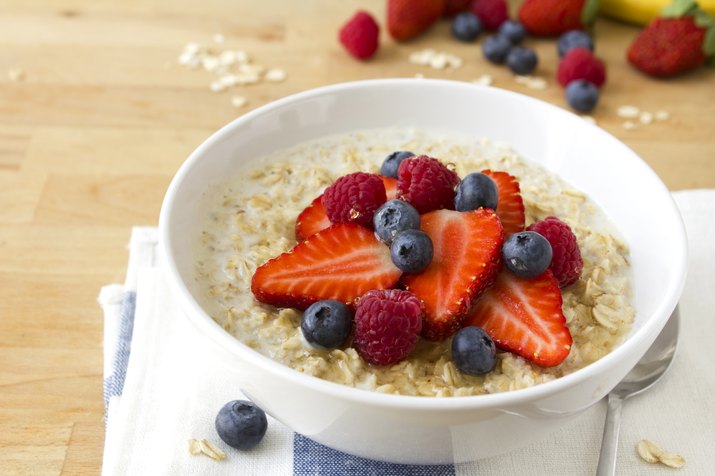
Other Heart-Healthy Foods
Heart-healthy foods that aren't fats inlude oatmeal, apples, blueberries and other fruits, red wine (in moderation: studies show one or two glasses a day can be beneficial to your heart), whole grains, green vegetables, tomatoes and soy (found in tofu, an excellent substitute for red meat).
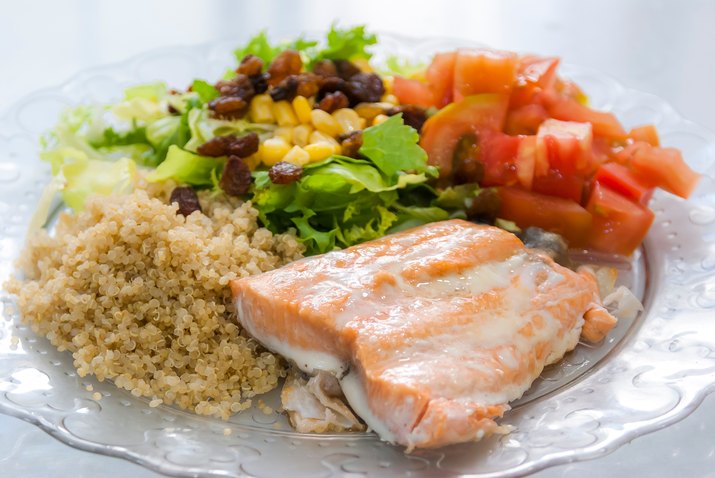
Mediterranean-Style Diet
Of all the world cuisines, a Mediterranean-style diet has been most closely linked with heart-healthiness. Use that as a guideline for making choices about what you eat.
Advertisement
Video of the Day